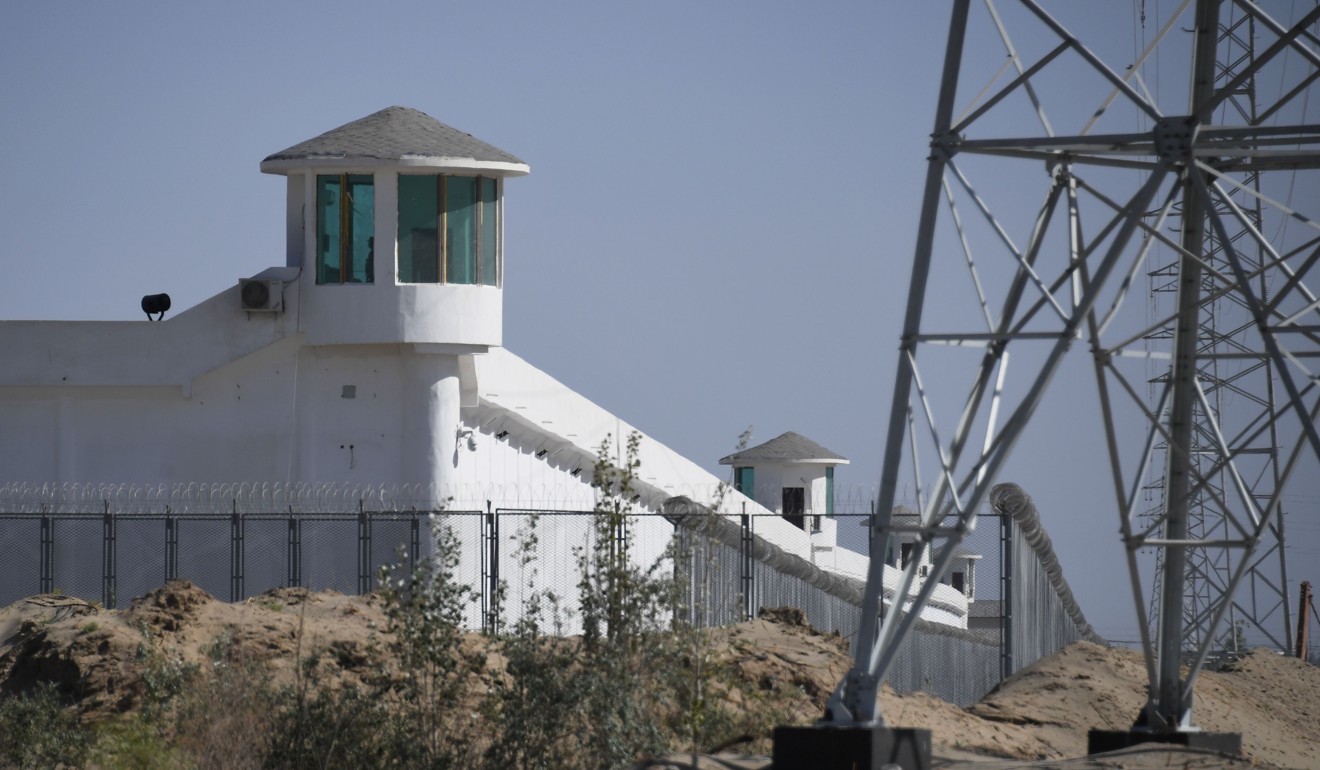
China’s tech rise poses security and human rights dilemma for Australian universities
- Australian universities face an uncomfortable choice in working with China’s world-leading researchers on facial recognition and artificial intelligence
- Collaborate, and be accused of helping Beijing to violate human rights; or disengage, and lose both funding and competitiveness
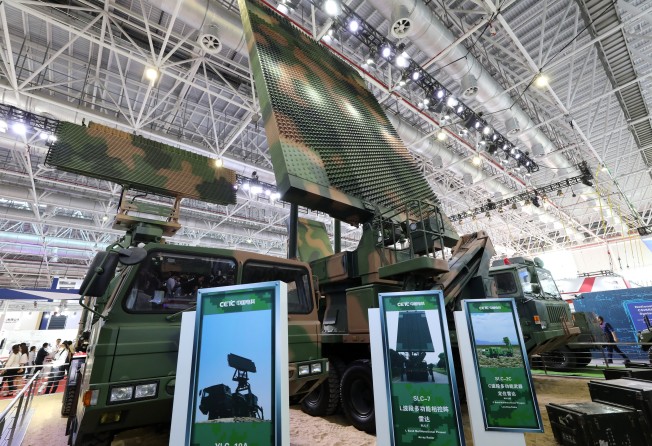
When the University of Technology Sydney launched its joint research centre with Chinese tech giant CETC in 2017, the university promised the partnership would boost Australia’s prowess in emerging technologies such as artificial intelligence, big data and quantum computing.
But only halfway into the five-year, US$20 million partnership, the Australia-China Research Innovation Centre in Information and Electronics Technologies is not attracting attention for the “innovative solutions” or positive “societal impacts” that were predicted by Jay Guo, a University of Technology Sydney (UTS) professor and founding director of the university’s Global Big Data Technologies Centre.
Instead, the partnership is at the centre of a growing debate about how Australian universities should balance much-needed international collaboration in promising fields with mounting concerns that such research could undermine the country’s national security and be used in ways that go against national values, including to boost Beijing’s authoritarian policies.
Far from being alone, UTS is one of a growing list of Australian universities facing scrutiny over partnerships with entities linked to or owned by the Chinese government, including CETC (China Electronics Technology Group Corporation), which has made and sold surveillance systems that are allegedly being used as part of a repression campaign against Muslim minorities in the westernmost region of Xinjiang.
Apart from UTS, the University of New South Wales Sydney, the University of Sydney, Australian National University, the University of Queensland, and the University of Adelaide have all been embroiled in controversy over their China ties.
“People are much more aware of the ethical challenges than they were a few years ago and, in some cases, in some areas like face recognition, a few months ago. The field is moving forward so rapidly,” said Toby Walsh of UNSW Sydney, where he specialises in artificial intelligence and holds the prestigious academic title of Scienta Professor.
“Because the technology is advancing so rapidly, all of us are waking up to the very serious ethical choices that we need to make.”
Last month, UTS announced it would end a joint research project, and expedite the finalisation of two others, following a report by Human Rights Watch which found that a CETC subsidiary had developed an app used in the mass surveillance of the Uygur community in Xinjiang. While insisting its research could not have been used in Xinjiang due to the timelines involved, UTS said it decided to cancel the most contentious project, related to public security video analysis, due to “concerns about potential future use”.
An internal review issued recommendations including strengthening “documentation and research contract management practices” and carrying out “detailed analysis and documentation of subsidiaries of organisations involved in collaborative research”.

China was the world’s second-biggest investor in research and development last year, spending US$452 billion, and is widely expected to topple the United States from the top spot within a decade.
China is also on course to overtake the US as Australia’s biggest collaborator on scientific research this year, according to a report released in July by the Sydney-based Australia-China Relations Institute.
Amid growing scrutiny of Chinese-backed research, Education Minister Dan Tehan in August announced the launch of a task force to address foreign interference at universities, with separate working groups tackling cybersecurity, intellectual property protection, and transparency in partnerships between universities and foreign entities.
Ian Hall, an international relations professor at the Griffith Asia Institute in Brisbane, said that universities faced the dilemma of balancing ethical considerations with valuable funding and other resources from Chinese entities. “Universities don’t really want this to end – there is money at stake and collaborative work boosts scores in key international ranking exercises,” Hall said.
“But my sense is that universities don’t want to police this alone, because there is no guarantee that if one university does the right thing, all others will do the same. It is, after all, a competitive business.”
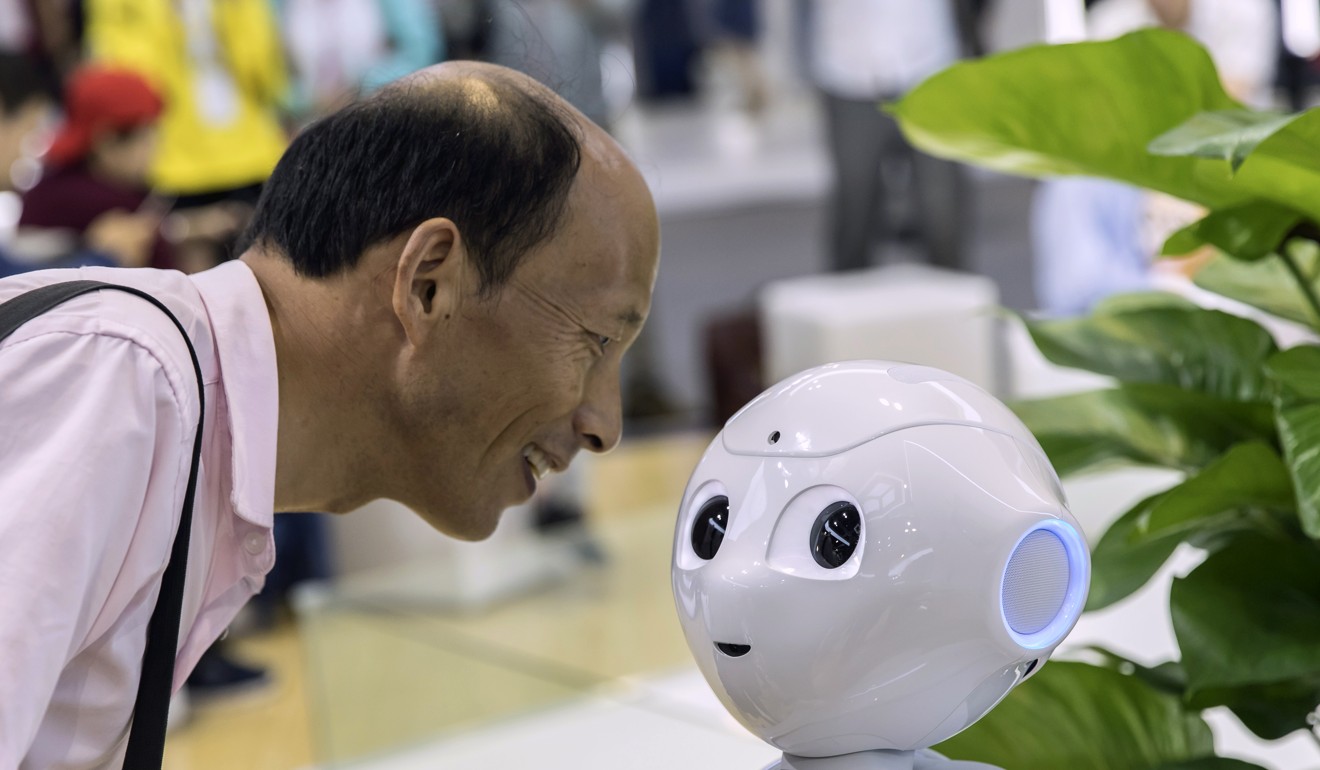
In the eyes of critics, universities have been slow to take the issue seriously.
The agreement between UTS and CETC, a copy of which was obtained by This Week in Asia under freedom of information laws, suggests the university did not evaluate the potential ethical issues in partnering with a state-owned defence company, security and rights experts say.
Elaine Pearson, Australia Director for Human Rights Watch, said the previously unseen agreement was notable for a “glaring” lack of reference to human rights safeguards or research standards.
“From this agreement, it is not clear that UTS has any safeguards in place to ensure that its collaboration with CETC will not contribute to human rights abuses in China, including through joint research initiatives,” Pearson said.
James Leibold, an associate professor at La Trobe University who studies surveillance in Xinjiang, noted the level of control promised to CETC in the agreement, including full ownership over intellectual property and the appointment of a CETC vice-president to head the Joint Steering Board tasked with setting research priorities.
“UTS is essentially providing CETC with an overseas laboratory for its research in dual-use technologies that are contributing to the advancement of the Communist Party’s ‘security-surveillance complex’,” Leibold said.
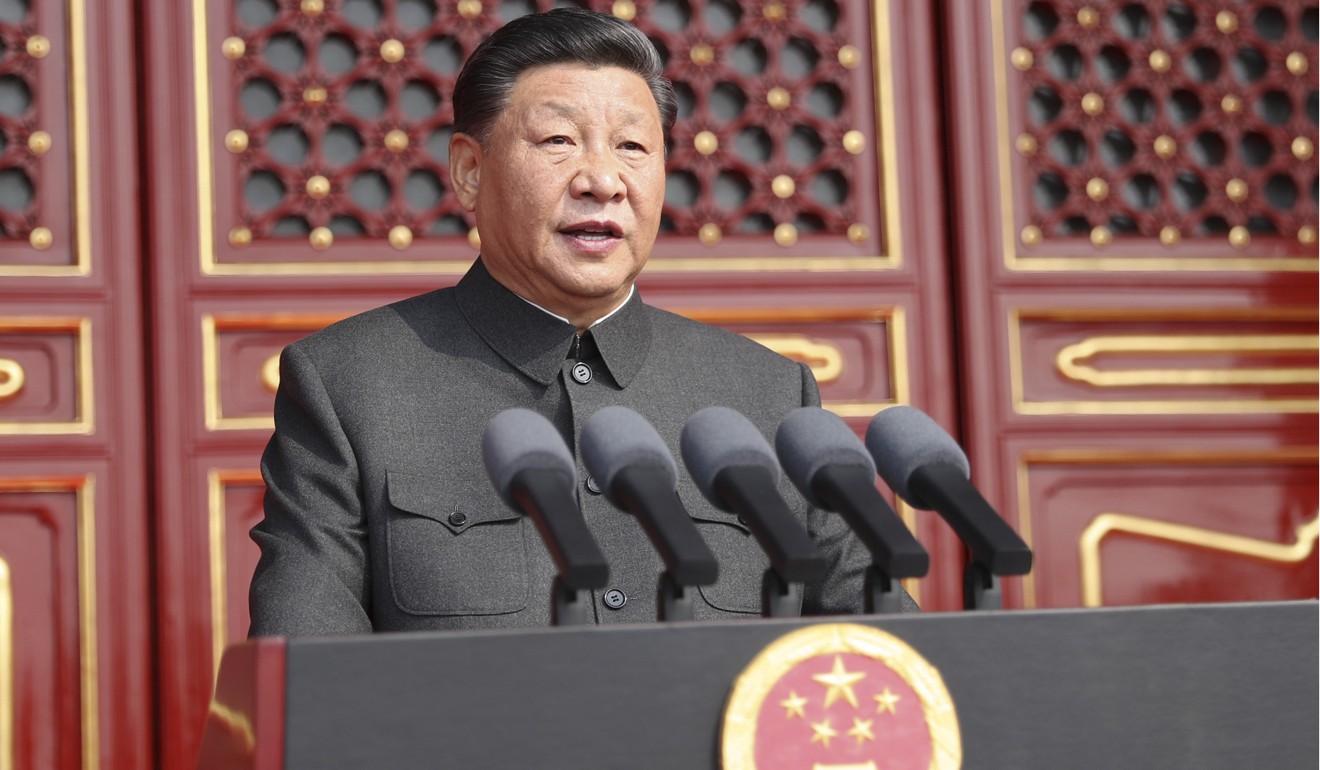
“I think most Australians would object to having their tax dollars used to assist in building the [Communist Party’s] security and surveillance capabilities.”
Alex Joske, an ASPI researcher who specialises in unwinding ties between Australian institutions and Chinese entities, said that “by agreeing to train and host CETC staff, UTS has committed itself to raising the ability of China’s defence industry”.
A UTS spokesperson said the governing structure of the centre’s joint steering committee was “normal”, but the board ultimately never met, and defended collaboration with the “best minds around the world” as key to Australia’s success.
Catriona Jackson, chief executive of Universities Australia, which represents the interests of the country’s tertiary institutions, said that international research collaboration was vital to Australia’s continued advancement.
“As a country with a relatively small population, strong global engagement is crucial to the success of Australia’s university sector, and to our country’s wider economy,” Jackson said.
She denied the sector was complacent about the risks of international collaboration, noting that universities were working with the government’s new foreign interference task force to craft additional safeguards.
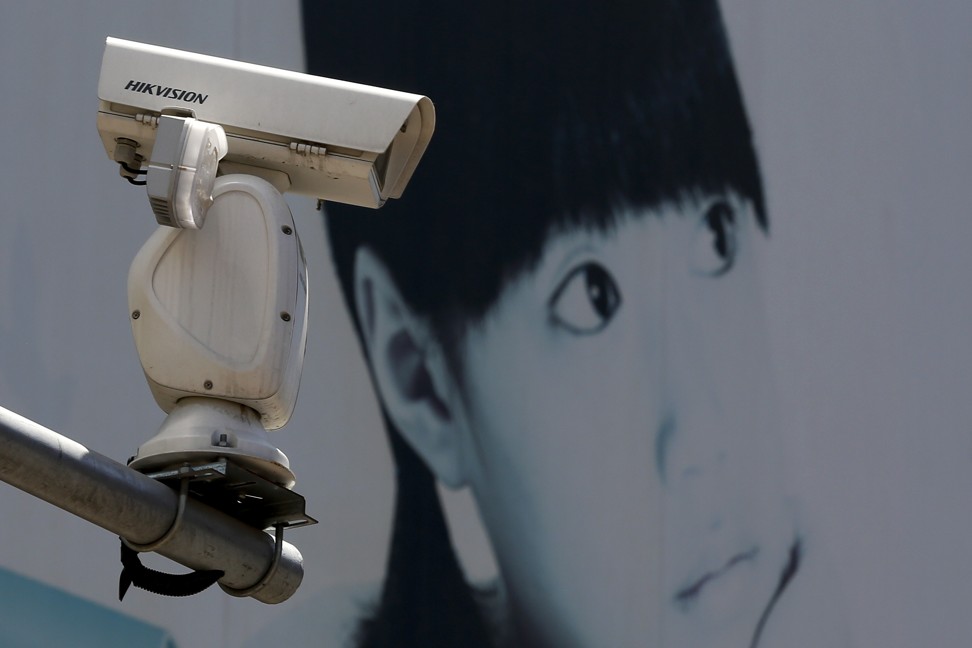
“Australian universities take seriously their responsibility to Australia’s national security while also upholding the values of freedom of academic inquiry and freedom of speech,” she said.
Chen Hong, director of the Australian Studies Centre at the East China Normal University in Shanghai, said mutually beneficial academic and scientific collaboration with China had become needlessly politicised.
“We believe the groundless accusations made against China and Chinese businesses are the resonance of America’s warfare to contain China’s economic and technological development and rise,” Chen said.
While acknowledging the potential for important collaboration with China in areas such as renewable energy, Walsh the AI expert said that academics increasingly faced stark choices over more controversial technologies such as facial recognition.
“I do wonder if any conscientious researcher these days can put aside these concerns,” Walsh said, adding that he would personally struggle to work on facial recognition research, given the enormous potential for abuse. “Universities have to be very careful; the most valuable thing that a university has is its reputation.”
Others said there needed to be greater nuance in discussions of how to conduct research collaborations with China.
Dirk van der Kley, the programme director for policy research at Canberra-based policy institute China Matters, said that, too often, collaboration with China was portrayed as either solely good or solely bad. “I think we do not necessarily recognise that a lot of the research collaboration that goes on is really not the kind of stuff that is going to end up being a human rights concern or being a military concern,” said van der Kley, who has studied Chinese economic statecraft.
He has proposed the creation of a new body to provide researchers with a more “holistic assessment” of projects than provided under the narrow focus of the government’s defence export controls.
“I think a single point of contact that would work both at the university administration level and also for individual researchers … would at least allow for government to provide a unified, single assessment,” he said.
Adam Ni, a China researcher at Macquarie University in Sydney, stressed the need for a “robust and inclusive discussion” on the issue.
“Not all collaborative projects have the same implications,” Ni said.
“In some cases, notwithstanding the links between these entities and the Chinese government, there are good reasons for collaboration. I think the key is to assess these projects on a case-by-case basis and apply a robust due diligence process.”
THE PROJECTS THAT SPARKED CONTROVERSY
University of New South Wales Sydney
On October 14, the Australian Strategic Policy Institute released a report highlighting a partnership between the UNSW Sydney and a firm linked to China’s Central Propaganda Department that it said carried out bulk data collection around the world to help Beijing to “shape, manage and control” public opinion.
The report, first referenced by the ABC investigative news programme Four Corners, said the information collected by Global Tone Communication Technology (GTCOM) was used by the Chinese government as propaganda, intelligence and data in China’s social credit system.
UNSW Sydney said it signed a memorandum of understanding with GTCOM to test translation technology, but had no formal agreement or contract and did not receive any funding from the firm.
“UNSW takes its security and compliance obligations very seriously,” a spokesperson said, adding that all collaboration was carried out in accordance with the Australian government’s defence export controls.
Australian National University
Earlier this year, academics at ANU co-authored a paper with a researcher at China’s National University of Defence Technology on secure wireless communications. The paper, highlighted in Four Corners, noted the potential use of such technology by governments and militaries, such as by stealth aircraft communicating with their base.
ANU said all research was carried out in line with the law and internal checks and balances, and that the research paper dealt with theoretical mathematical modelling, not applied technology. “It speculates on future technology use, which is very different from highly applied research targeted at a specific application,” an ANU spokesperson said, adding that the authors mentioned “in passing” that militaries were interested in such technology but “make no assertions that this is how their mathematical modelling should be used”.
University of Adelaide
Researchers at the University of Adelaide worked with a Chinese researcher – named as an employee of Beijing-based start-up Megvii by Four Corners – on technology to track vehicles in videos.
The US Department of Commerce last week added Megvii to a trade blacklist of Chinese firms accused of human rights abuses against Uygurs and other ethnic minorities. In May, New York-based Human Rights Watch accused Megvii of helping to develop an app used to monitor Uygurs before issuing a correction the following month to say the firm “seems not to have collaborated” on the technology.
University of Adelaide spokesman David Ellis disputed the Four Corners report, saying the university’s academics had never collaborated with Megvii, but with a PhD student at a Chinese university who later went on to work for the company.
“There is no collaboration between the university and Megvii,” Ellis said. “There has been no funding for University of Adelaide research from Megvii. Neither our professor nor the university have had any involvement in the development of such technology for use in China.”
University of Sydney
Academics at the University of Sydney have worked with facial recognition start-up SenseTime to track moving objects in videos. Sensetime, headquartered in Hong Kong, is among 28 Chinese firms the US last week added to a blacklist for alleged human rights abuses against Uygurs and other ethnic minorities.
The University of Sydney said it complied with state and federal laws governing sensitive research as well as its own research code of ethics, and noted that a proposed project that would use data from human subjects would be subject to “further due diligence on the nature and purpose of the research”.
University of Queensland
In August, the University of Queensland said it would investigate one of its professors, Heng Tao Shen, after the Australian Strategic Policy Institute released a report alleging that his artificial intelligence firm Koala AI Technology had supplied technology for monitoring Uygurs.
Shen denied the report, saying his firm’s technology had never been used for the surveillance of Uygurs and that he would seek legal advice.
This article was edited on October 21 to amend a quote from Toby Walsh that had been imprecisely transcribed.